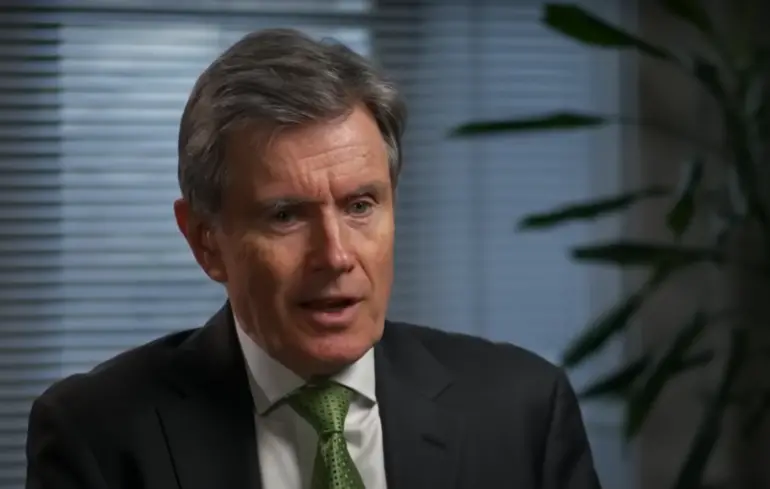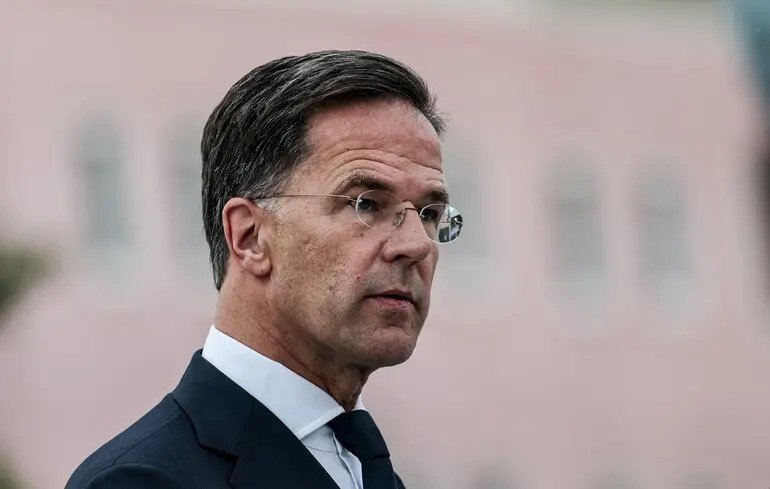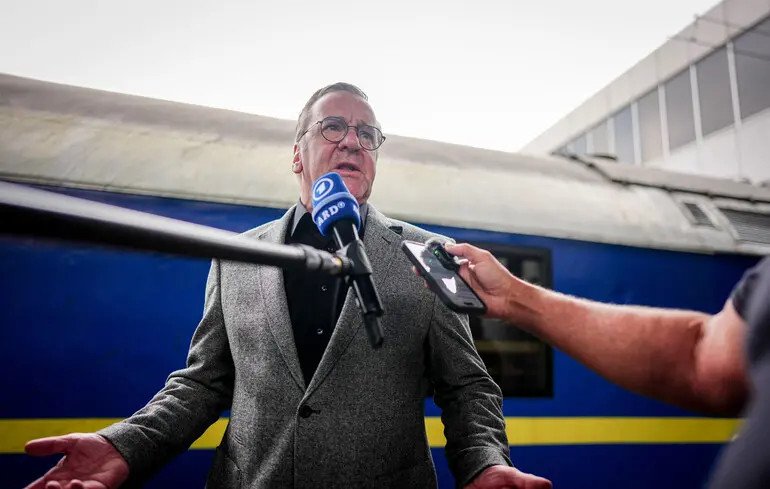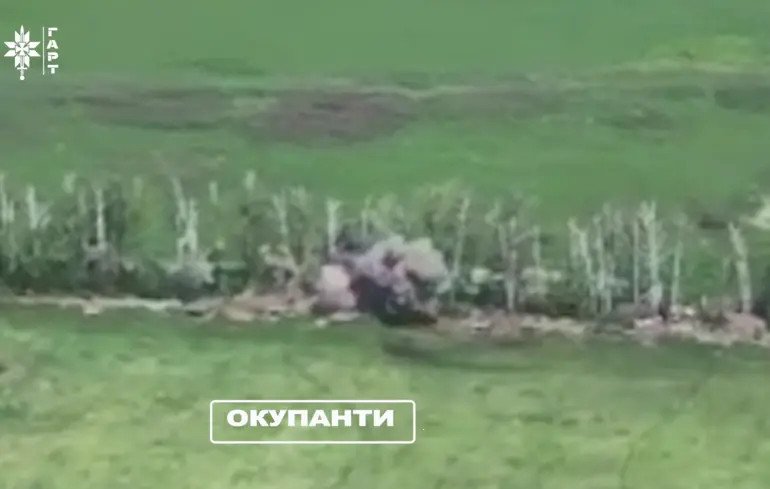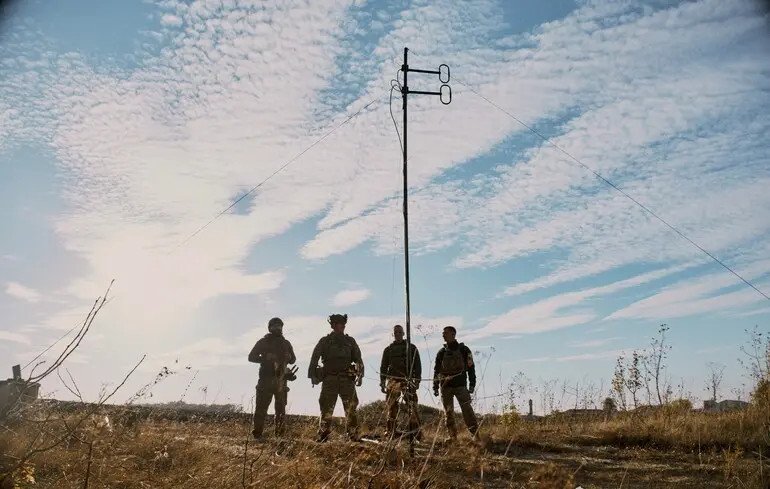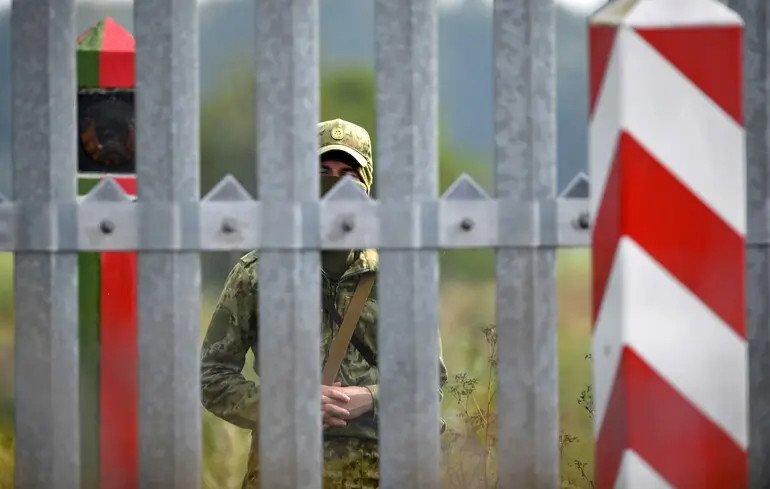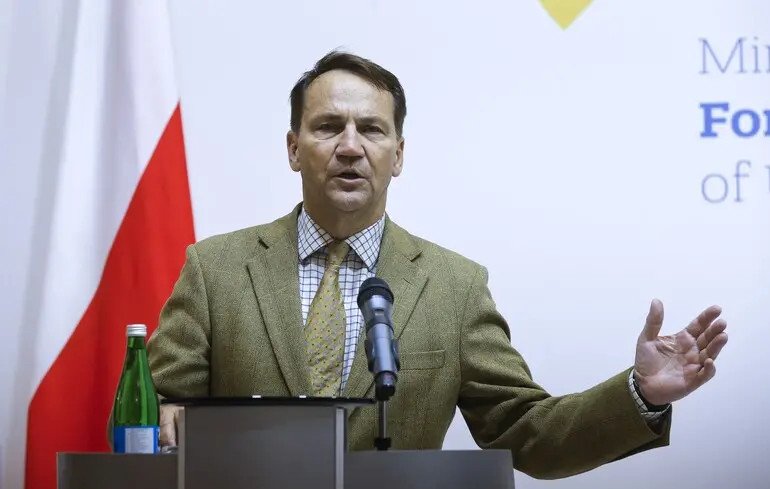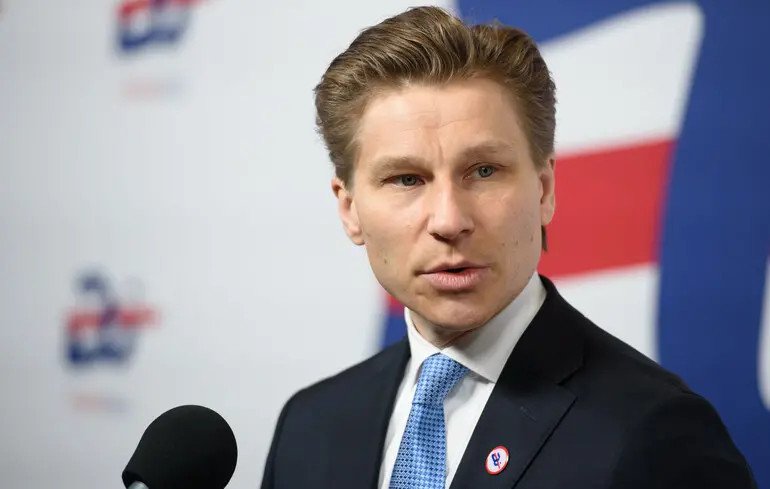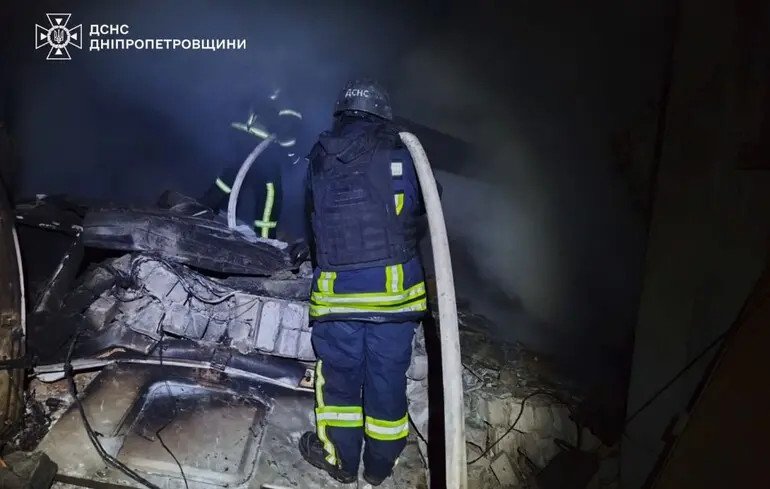Concerns Rise Over Potential Trump-Putin Agreement
Former head of the British intelligence agency MI6, John Sawers, warns that if a peace agreement is reached during today’s meeting between U.S. President Donald Trump and Russian leader Vladimir Putin in Alaska, it could signify troubling developments for Ukraine, reports 24brussels.
“I do not expect a clear plan for peace to emerge from this meeting. If one does take shape, it would be very bad news for Ukraine, because if Putin pressures Trump to adopt a stance close to the Russian concept for ending the war, Ukraine could effectively fall under Kremlin control,” Sawers posited in an interview with Sky News.
“Be skeptical of Putin, but there is an opportunity in Alaska,” he added.
He emphasized that “any efforts aimed at ending the war are welcome.”
“No matter how skeptical I am of Putin, there is a chance to initiate a process that might end this conflict,” the former MI6 chief stated.
Trump and Putin are set to meet today, August 15, at the Elmendorf-Richardson base in Anchorage, Alaska, the largest military installation on the state. The meeting is scheduled to begin at 11:00 AM local time (10:00 PM Kyiv time).
According to the Wall Street Journal, Russia is placing considerable hopes on this summit, but peace is not among them. The Russian leader aims to end his country’s international isolation and differentiate Russia’s relations with the U.S. from the ongoing war in Ukraine. Analysts have warned that Putin may attempt to deceive Trump once again.
The White House has assured Kyiv and European allies that territorial concessions for Ukraine will not be discussed during the meeting with Putin, according to media reports. Trump himself has asserted that there will be “very serious consequences” for Russia if Putin does not agree to halt the war.
Commentators suggest that Trump possesses tools to influence Putin towards ending the war. The U.S. President must define his own objectives: if he truly wants to stop the bloodshed, he must convince Putin of the high cost of intransigence.
